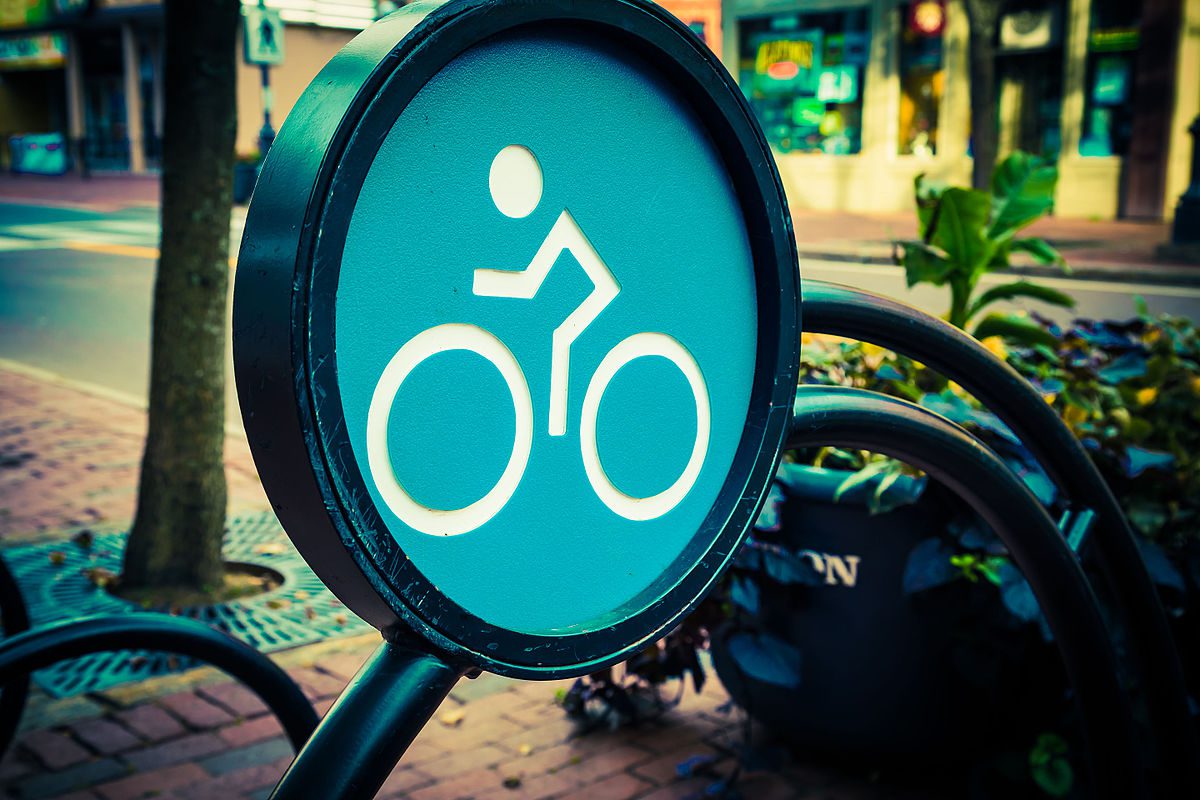Maritime riders, cycling advocates call for sharper teeth on provincial legislation
Even Ellen's Law doesn't go far enough in protecting cyclists, many argue


Between the untimely death of Ellen Watters, after she was hit by a vehicle during a training ride just before Christmas, and the unfortunate line drawn under matters of cycling infrastructure thanks to other recent events, Canada’s Maritime provinces, it seems, have become a hotbed of two-wheeling controversy recently.
Addressing that, advocates across the region are saying that laws protecting cyclists—including new ones—don’t go far enough.
Speaking to Global News, New Brunswick rider Mike LeBlanc said that since passage of Ellen’s law, named for Ellen Watters and mandating a metre’s clearance for cyclists on the road, things haven’t changed much. “Ever since June 1, when the famous Ellen’s law came into effect,” he told Global News reporters, “I have had four really close calls.” While he says he doesn’t want to see offending drivers locked up with the key thrown away, sharpening the teeth of provincial legislation, he said, is necessary.
Judging from a chorus of similar advocates across the Maritimes, LeBlanc is clearly not alone.
Nova Scotia, said Kelsey Lane of the Halifax Cycling Coalition, is another Atlantic province that isn’t doing enough to protect riders on its roads. Saying that her group is making efforts to press much-needed updates to the province’s Motor Vehicle Act, Lane told Global News that, “the provincial government is not protecting vulnerable road users.” The lack of progress made by the province on that front, Lane argues, indicates that the issue of cycling safety isn’t being taken seriously, exposing riders to greater risk.
“If we keep calling it an accident,” Lane told Global News, “it sort of takes away the responsibility we have as a government to ensure the safety of all road users.” In response to Global News, sources within the governments of both New Brunswick and Nova Scotia, reportedly, spoke vaguely, noting the measures currently in place to protect cyclists and the need for all road users—cyclists and motorists alike—to abide by certain guidelines.
To LeBlanc, though, that’s simply not enough in the absence of stiffer penalties and more robust enforcement—an almost universally shared sentiment among other Maritime riders and advocates.
“I see a lot of dangerous things out there,” he said.
